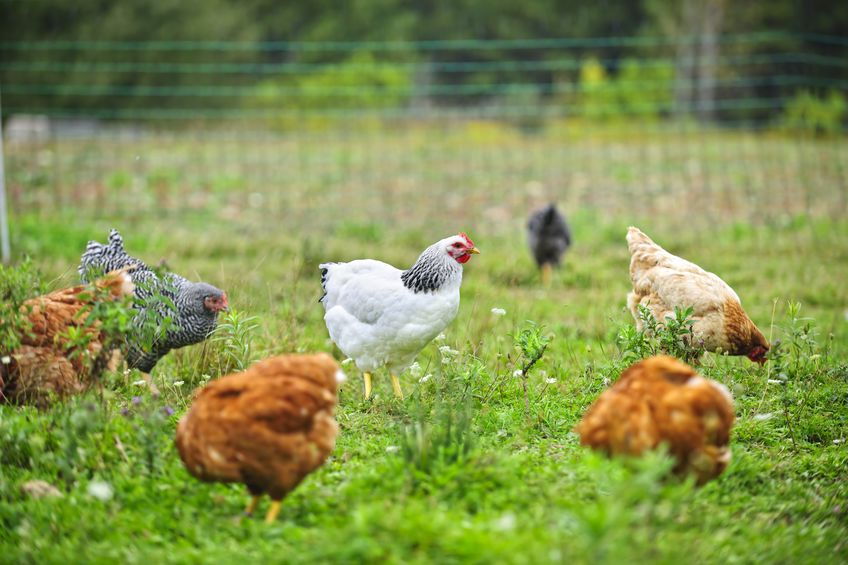
Land in the United Kingdom in-conversion to organic has declined for the first time since 2014, according to a new report.
The UK had a total area of 485,000 hectares of land farmed organically last year – an increase of 2.4% since 2018, Defra’s organic 2019 report says.
The increase has been driven by the rise in fully organic land, which has increased by 3.6% compared to 2018, which has more than offset the fall in the area of in-conversion land.
Organic production comes from fully converted land. Before an area can be considered as fully organic, it must undergo a conversion process.
The area in-conversion expressed as a percentage of the total organic area can give an indication of the potential growth in the organic sector.
This proportion showed a 15% decrease in 2019, the first decrease since 2014, the report, published on Thursday (28 May), says.
Since 2008 when the area of land farmed organically peaked, the organically farmed area has declined by 34% in the UK.
The organically farmed area represents 2.7% of the total farmed area on agricultural holdings in the country.
Permanent pasture accounts for the biggest share of the organic area (63%) followed by temporary pasture (20%) and cereals (8%).
Despite the decline in in-conversion, the Soil Association welcomed the figures, saying 'more and more' people were looking for organic products when they shop.
This has led to the eighth consecutive year of sales growth in the UK’s organic market in 2019 - now worth a £2.45bn, the charity said.
Clare McDermott, of the Soil Association Certification, said: "It’s also great to see a significant increase in the land being used to grow organic cereals, as demand for these on farms for animal feed is growing faster than UK producers can supply.
“Converting to organic can be a big business decision that takes time to implement, but with high demand for UK organic in both the shops and on farm, there is confidence in the market.
"What we need now is for UK government to provide confidence that farming policy will also support them to grow more healthy, sustainable food."
